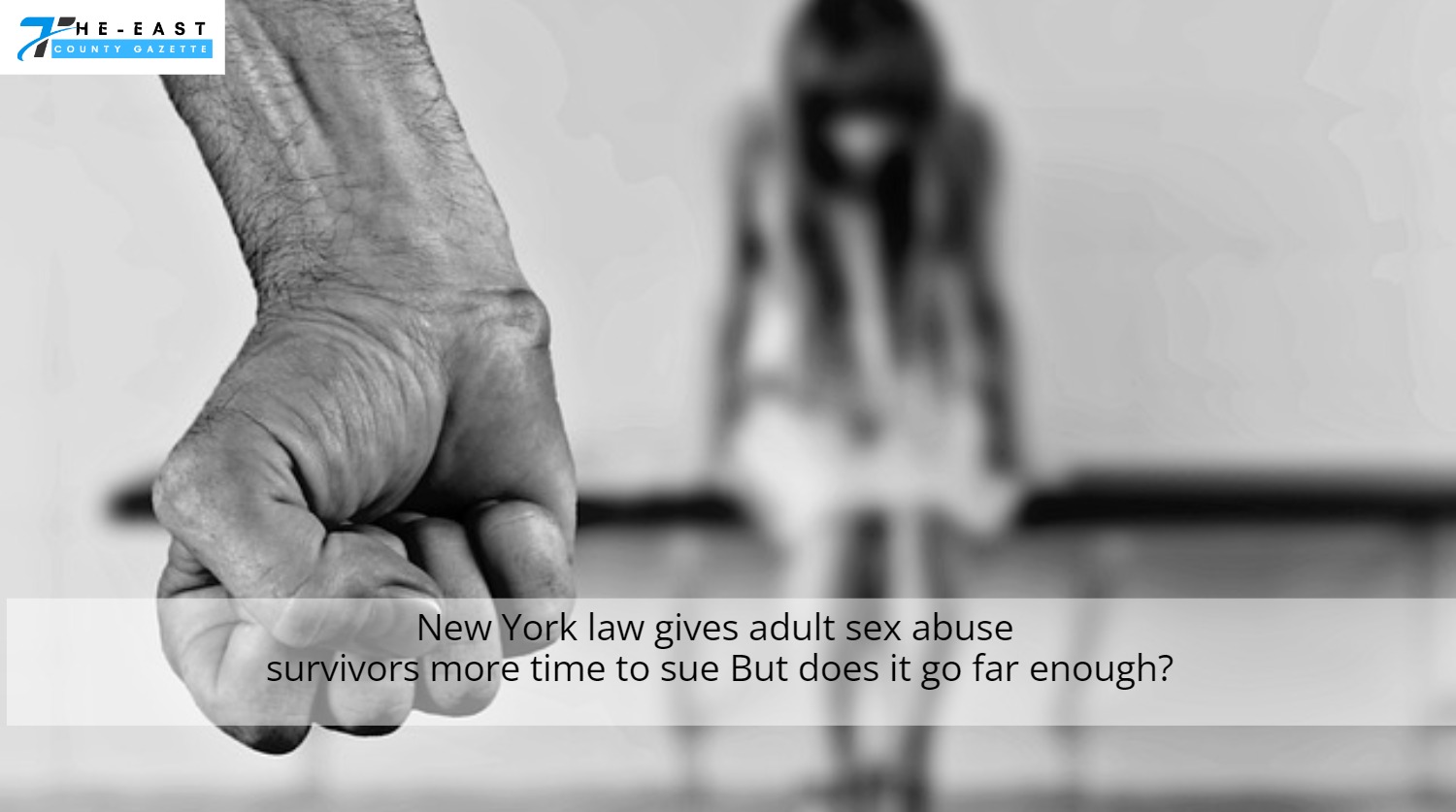New York‘s civil courts will likely be inundated with cases of sexual abuse of adults in the coming months, thanks to a new state statute. If you were sexually assaulted in New York and are over 18, you have one year from the date of the alleged assault to file a lawsuit against your alleged abuser.
A sexual assault occurs somewhere in the United States every 68 seconds, and one in six American women will be the victim of rape at some point in her life, according to the RAINN (Rape, Abuse, and Incest Network).
According to Wendy Murphy, a professor of sexual violence law at New England Law School in Boston and a former federal sex crime prosecutor, “it’s reigniting the potential to bring lawsuits in cases where the persons who would be filing assumed rightly before this that the time had run out.”
Six months after it was signed into law by New York governor Kathy Hochul, the bill went into effect on November 24th, and the deadline to bring a lawsuit is November 23rd, 2023. Famous people like Bill Cosby and Donald Trump Sr. have already been sued in a civil court under New York’s Adult Survivors Act.
Businesses and institutions, like universities and prisons, may be held financially accountable for assaults they facilitated by inaction or creating a hostile environment for victims.

“The fight against sexual assault needs us to recognize the impact of trauma inside our justice system,” Hochul said at the bill signing in late May. While we still have work to do, this legislation is a historic step forward in ending sexual assault.
Murphy provides additional explanations of the law and its possible future ramifications to help the reader better grasp its scope. (For brevity and clarity, specific answers have been shortened.)
When it comes to adult sexual assault survivors, why does that one-year mark make such a difference after the deadline has passed?
Sexual assault survivors often miss the deadline to file for legal compensation, which is usually only three years. There have been so many instances in recent decades that were filed years after the events in question occurred that lawmakers across the country finally realized the necessity of giving people a fair chance they deserved.
The victim may be unable to file a claim since the experience has left them unable to function normally. Sometimes it’s because people don’t understand the depths to which they went through pain. Sometimes it’s just a matter of not being able to put two and two together. You may go through trauma as an adult, only to find via counseling that the root cause was a sexual attack you experienced as a teenager, college student, or at work. Now more than ever, people understand that it’s the act of piecing together a chain of events that kicks off the clock.
It’s important to us that everyone has a chance to have their day in court, so we’re allowing this one-year look back as a way of stating that we recognize the special hardship that victims undergo and the unique character of these cases.
What is the typical time limit for incidents like this?

Most states, including New York, have deadlines for when you must file a tort lawsuit, and this is standard procedure. We are not discussing criminal proceedings but rather civil actions seeking monetary damages. The standard in many courts is three years. For some, that number is two. For others, it could be four.
This three-year statute of limitations has always been subject to certain exceptions. Those loopholes meant that abuse victims could file lawsuits years after the fact if they couldn’t realize that their mistreatment caused the harm they were experiencing. The term “discovery rule” describes this situation. Therefore, it would be taken into account if you didn’t realize you could sue for abuse-related damages because you didn’t know the abuse caused the injuries you were experiencing. Therefore, if you can convince the court that you could not have filed within the three-year timeframe, you may be granted a delay of 10, 20, 30, or even 40 years.
[In 2019, New York passed a bill extending the statute of limitations to 20 years for adults pursuing civil actions for a limited range of sex crimes, but the law did not apply retroactively and thus only applied to new cases.]
What points should be emphasized concerning litigation brought under the Adult Survivors Act?
This is a civil matter and not a criminal one. Long ago, California established a look back for both criminal and civil cases; the [U.S.] Supreme Court ruled that this was illegal and unconstitutional but that civil cases may proceed. A lawyer is typically hired for this purpose, however, it is not obligatory. Pro se litigants bring lawsuits without hiring attorneys because they are unable to find a company willing to represent them for financial or other reasons.
To me, limiting one’s attention to the civil justice system is to accept the assumption that only the wealthy will be held accountable for their actions. Yes, it promotes the double standard that if you’re wealthy enough, you can rape someone and get away with it by simply writing them a check.
If you want to hurt an institution, the best way to do so is right where it hurts the most: in their wallet. The difficulty is that you frequently have to deal with insurance firms, and since they have unlimited funds, they will absorb the expense of this risk into their rates. After a year has passed, they won’t give it another thought.
What are some issues with the law in New York?
I don’t think this legislation will change people’s conduct. Sometimes we get too attached or too celebratory without examining the underlying causes of the situation. Therefore, rather than filing a few lawsuits, we should work to alter the rules that permit and incentivize such behavior, making it standard practice for institutions like schools and workplaces to respond to reports of sexual assault with swift dismissal, public outcry, and the declaration of a “zero tolerance” policy.
For this reason, I worry that the chance for a one-year look-back lawsuit will divert attention and resources from the kind of reforms that will effectively safeguard women [and sexual assault survivors] in the future. You don’t want to be seen as someone who rewards women for their pain. You hope to deter would-be rapists from ever committing their crimes.

